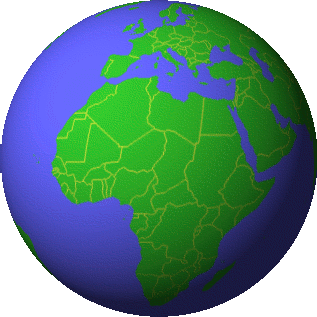“Lastly, be strong in the Lord, and in the strength of his power.”
(Ephesians 6: 10)
Often restricted to instrumentality, the concept of technology has evolved over time, reaching from the second half of the twentieth century a more comprehensive meaning. Today, some authors relate the concept of technology to the means and activities through which men seek to change or manipulate the environment. Modern technologies, seeking alternatives to develop new ways of meeting human needs, increasingly amplify the restricted sense of "hardware", "software" and data communication, previously attributed to technology.
The institutions are inserted in this process, from the first instituted by God, the family, to secular institutions. While some present greater difficulties in adapting to the new reality, others are more receptive to the use of new technologies. At first, institutions used technology to replace what they previously did, failing to realize their real potentials, which are increasingly noticeable. Great waste in the use of new technologies, in using them as an agent of change: Old and New.
Taking into account the specificities of the institutions that present more difficulties in adapting to new technologies, even though their practices are questioned, such difficulties are understandable. Mainly, due to their doctrinal conceptions. However, the same cannot be said of those who promote changes between the old and the new, and are being carried away by the apparent modernities. Instead of making use of technology, acting as agents that promote change, on the contrary, they seem more to be playing the role of those who are manipulated. What role do you want to play in society: change agents or manipulation agents? If you are the one who goes ahead, then you are an agent of change.
Today, the character of technology is an extremely important aspect, both in Christian and secular life. It would not be an exaggeration to say that the success of the transformations promoted in society is directly related to the character itself, because the character deficiency does not match the potential of new technologies. They do not match. The children of God (Jn 1.12), conceived on the Cross of Christ (agents of changes), during their earthly trajectories must position themselves above the misuse of technologies, not aligning themselves with the apparent modernities. It is important not to deviate from the path either to the right or to the left, that is, not to be guided by the circumstances that the world tries to impose on its christian life, its practices.
The guidance is inner strength and courage, according to the foundation of the Word of God.
“Lastly, be strong in the Lord, and in the strength of his power.”
(Ephesians 6: 10)
Life that follows: Believe to see.
We are the righteousness of God, in Christ.
Manoel Lúcio da Silva Neto is master in Production Engineering (Media and Knowledge), and author of the book, Cristology at your Reach













